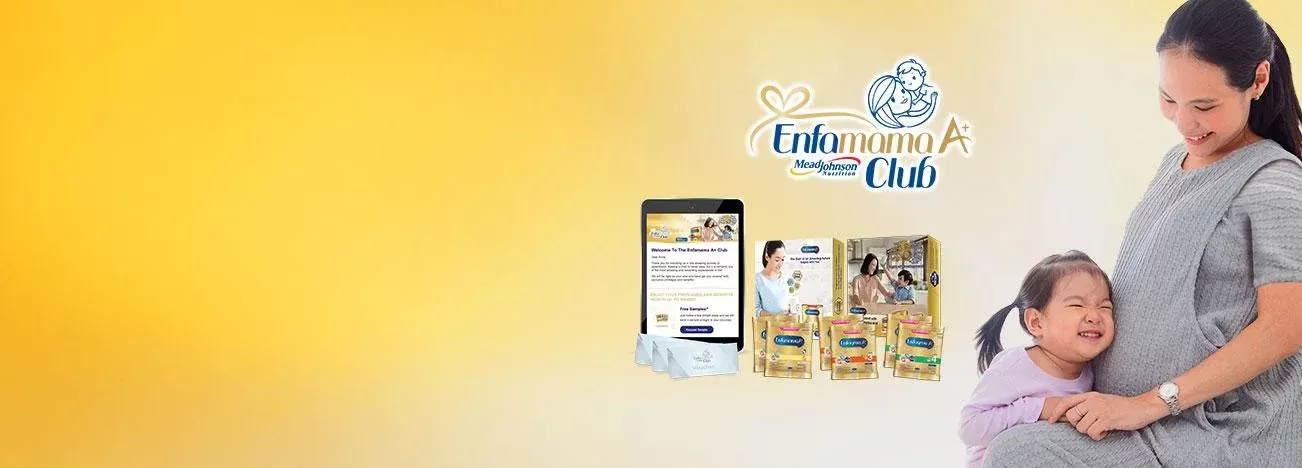

Many mothers are understandably very concerned when they notice they are shedding a lot more hair than usual a few months after delivery. This is not uncommon and is thought to affect about 40% to 50% of mothers. This excessive hair loss is temporary and most mothers will see that their hair loss will return to their normal state after a few months.i
Most of our hairs are at the growing phase while about 10% are at the resting phase. After a period of 3 to 4 months, the resting hairs will drop and will be noticed as hair loss. Hormonal changes during pregnancy cause more hair to be in the resting phase so hair loss is not so noticeable. However, 3 to 4 months post-delivery, the hormones in the body will start to return to normal levels resulting in the resting hair being shed and new hair growing again.ii
Tip for Hair Regrowth After Pregnancy
There are a few tips you can try to manage this temporary situation. Dermatologists recommend that you:
-
Try to use single-purpose shampoo. A 2-in-1 shampoo usually contains a bit too much conditioner than is usually needed and may cause your hair to look limp because of the weight of the conditioner.iii
-
Hair conditioners should only be applied to the ends of your hair. This is the oldest and driest part and may need some help to appear healthier.iv
-
Rinse out the conditioner properly.
-
Consider changing to a shampoo that adds volume and fullness to your hair.
-
Try a shorter haircut or style. This may also be a good time to sport a new hairstyle with a dash of highlight to reflect the new you.
While there is not much one can do about the hair loss, coping with the temporary condition can be another challenge for the new mother who is adjusting to her new role, trying to stay healthy and maybe very conscious of her body image at the same time.
Understanding Hair Loss During Pregnancy
It is important to understand and accept that the temporary hair loss is normal and the prognosis is usually good.v As antioxidants, flavonoids, vitamin C, B complex and zinc are thought to be helpful in maintaining healthier looking hair and promoting hair growth, try to include in your diet all the different food groups, especially a wide variety of fruits and vegetables, meat, legumes, dairy, nuts and seeds.vi Comb your hair gently using a soft hairbrush, avoid tying your hair tightly and use cool or warm air when using a hairdryer to avoid damage to the hair.
For some mothers, the situation may be very upsetting and it may affect their mental and emotional health. Counseling may then be necessary. Support from spouse and family is also important.
In a small number of mothers, the hair loss may be due to other hormonal-related conditions. If your hair loss condition persists longer than six months or you are very concerned, do seek medical advice.
REFERENCES:
i) https://americanpregnancy.org/pregnancy-health/hair-loss-during-pregnancy/
ii) https://www.ncbi.nlm.nih.gov/pubmed/23682615
iii) http://hairmomentum.com/shampoo-categories/
iv) https://www.aad.org/public/skin-hair-nails/hair-care/hair-loss-in-new-moms
v) https://www.thomsonmedical.com/article/dealing-with-postpartum-hair-loss/
vi) https://americanpregnancy.org/pregnancy-health/hair-loss-during-pregnancy/





